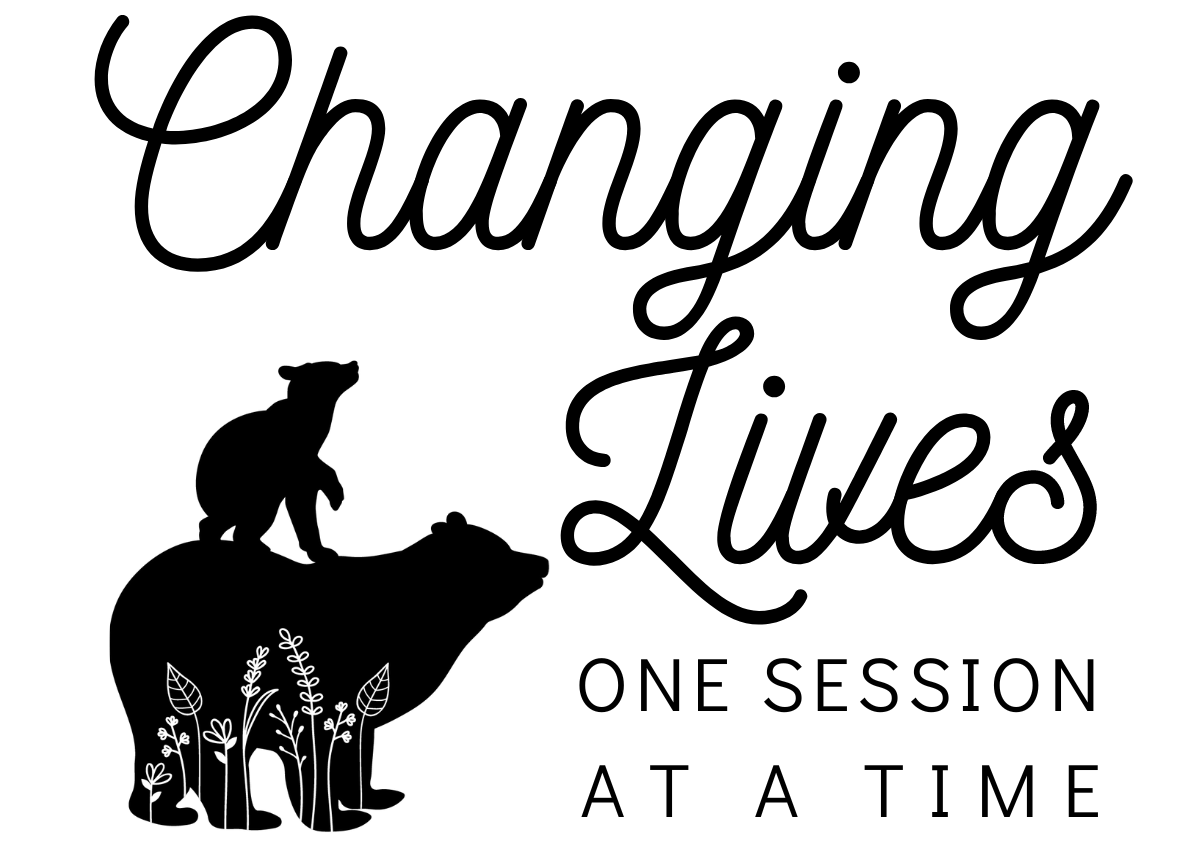Barrett’s Occupational Therapy Assessment involves the Following:
- Interview – To establish relevant history, we ask questions regarding health, development, family, current/past behaviors, and current or previous occupational therapy-related services.
- Informal Testing/Observations – Informal testing and clinical observations are an important part of the assessment and involve casual conversation and engagement in therapeutic activities with the child.
- Sensory Profile Caregiver Questionaire by Winnie Dunn, Ph.D., OTR, FAOTA – This is filled out prior to the appointment to help determine if there is a sensory processing disorder (SPD).
Specific Areas Assessed at Barrett are:
- Muscle Strength Endurance – “My child does not seem to be as strong as his/her peers and gets tired easily.”
- Balance and Equilibrium – “My child seems to be falling all the time. My child is afraid of heights and does not like swings. He/she is very uncoordinated and does not like sports.”
- Handwriting – “My child learned how to write in school, but I am concerned because his/her letters are hard to read, words run together, letters are facing the wrong direction, and my child can’t keep up because their hand hurts or is too tired.”
- Sensory Integration – “My child appears to be very bright, but he/she struggles with everyday tasks. Everything appears to be more difficult for him/her than it should be. My child becomes easily frustrated and emotional. Simple things like putting on socks or experiencing a thunderstorm can ruin our day.”
- Sensory Processing – “My child covers their ears at a loud noise, seeks out excessive movement, wants tags removed and cries when hair is washed or cut.”
- Modulating Emotions and Moods – “What I am looking for is a program that will help my child recognize their mood and teach them to pick healthier ways to cope on a day-to-day basis.”
- Dyspraxia – “My child is able to do almost everything when playing alone. He/she becomes uncoordinated and makes frequent excuses to get out of doing things when given direction.”
- Problem Feeder – “My child eats less than 20 different foods. No matter what I do, my child refuses to eat foods of a certain texture or color. I am concerned about their poor weight gain and meals are a battle.”
Other types of assessments are done during a Formal Evaluation / Second Opinion. Please click here to link to that page.
The Written Result of an Occupational Therapy Assessment Includes:
- Information about the child’s history and development
- A description of your child’s current skill level in the specific areas tested
- Recommendations based on skills observed during testing which may include: participating in an occupational therapy program, referral to another professional, participation in a home program, or no need for therapeutic intervention.
- The reported results of the Sensory Profile Caregiver Questionnaire (by Winnie Dunn, Ph.D, OTR, FAOTA) with discussion as to whether or not there is a sensory processing disorder (SPD) present.
Reports are usually completed in a week and a copy is given to the parents.
